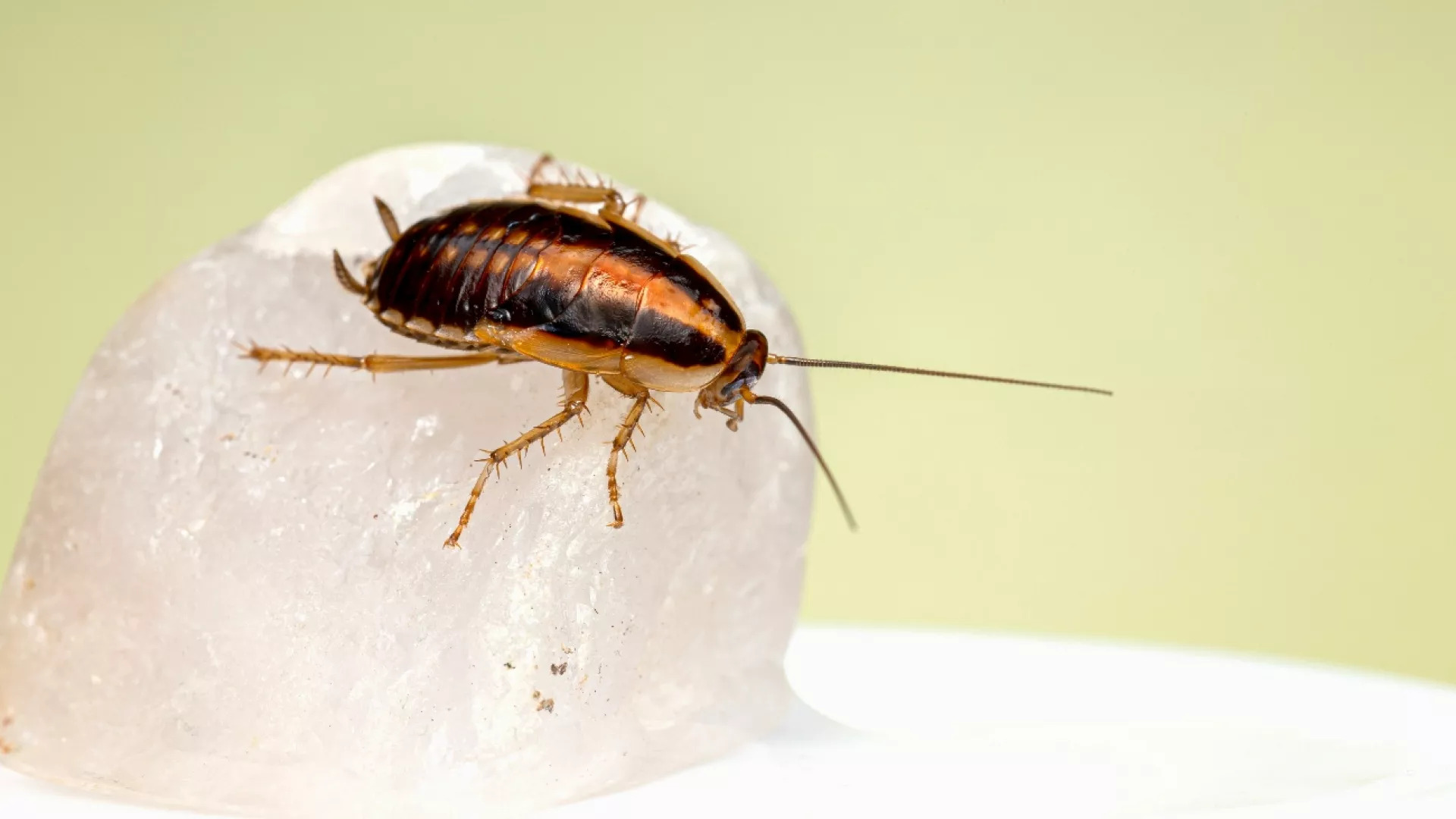Cockroach infestations are up by a third in Spain: Is climate change to blame? Rising temperatures across Spain are thought to be responsible for growing numbers of insecticide-resistant Germanic cockroaches.
Climate change could be causing a concerning uptick in the number of cockroach infestations in Spain – as well as alterations to their genetic makeup.
So far this year, Spanish authorities have reported a significant rise in infestations – up by 33 per cent compared to the rate in 2023.
Cockroach infestations are up by a third in Spain: Is climate change to blame?
Experts say record hot temperatures are to blame for these ‘mutant’ cockroaches. Increased heat means the pests’ metabolic cycles accelerate – and it’s particularly evident in the Germanic cockroach. That’s a worry as that variety is prevalent in homes and food-related businesses.
Hotter-than-average temperatures also mean that the breeding season of the creatures is getting longer and their genetic resistance to conventional insecticides has been enhanced.
All of these factors are linked to a broader and more serious public health issue, with more frequent sightings being reported in both residential and commercial establishments.
How has climate change caused these changes in cockroaches?
Jorge Galván is the director of the National Association of Environmental Health Companies (ANECPLA). Speaking to Spanish newspaper 20 Minutos, he said experts are concerned that this genetic shift is making it challenging to control the cockroach population effectively.
Pest controllers are trying to fight the growing problem, though. They’re moving towards using less invasive and more sustainable methods, ranging from improved sanitation practices to mechanical traps.
The need for these different methods appears to be global warming. In recent years, Spain has made a gradual shift from a subtropical to a tropical climate, which prompts longer active periods for pests like cockroaches.
Read more at EuroNews.Green


Leave a Reply